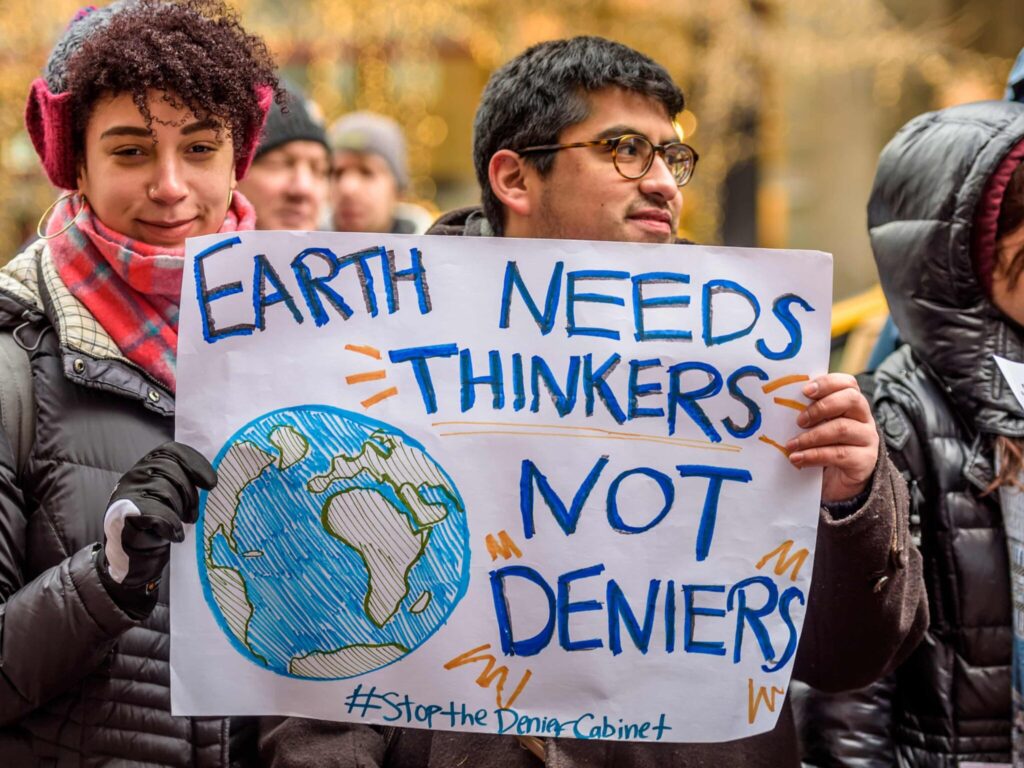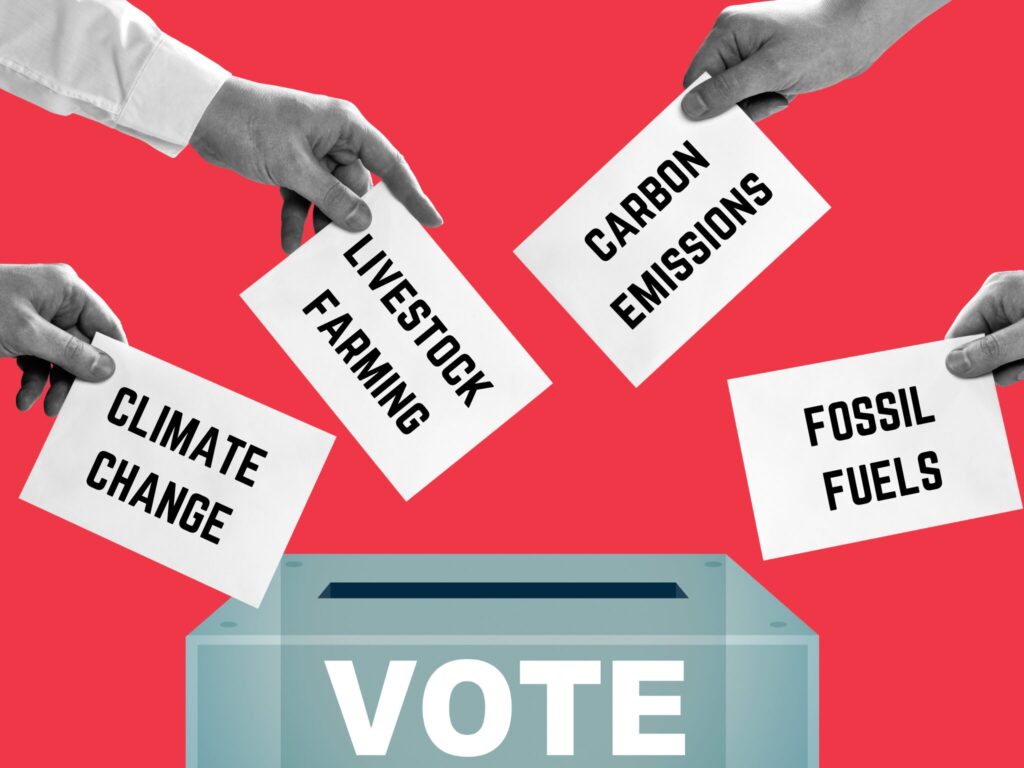Can Behavioural Science Help Us Live More Climate-Friendly Lives?
5 Mins Read
By Chiara Longoni, associate professor, marketing and social science, Bocconi University; and Kimberly Doell, senior researcher in environmental and climate change psychology, Universität Wien
Quick and easy interventions that inspire people to take direct climate action are the holy grail. Behavioural scientists and policymakers are keen to learn which small steps can make the biggest difference. One of the largest experiments ever conducted in climate change psychology shows that the same interventions have different outcomes depending on the specific context, and crucially, the country in which change is being driven.
New research by an international team of more than 250 scientists studied several environmental interventions and the way people responded to them in 63 countries.
In Austria, one of the best ways to increase effective pro-environmental behaviour, such as time spent planting trees, is to present people with information that shows climate change is already happening now, it is negatively affecting Europe and it is harmful to people nearby. This is what behavioural scientists call reducing psychological distance. This framing makes the risks and dangers of climate change feel more immediate and relatable, which encourages people to act against it.
But in Germany, a country that shares a similar language, culture and long history with Austria, the same intervention had a very different outcome. Participants tended to believe less in climate change, were less likely to support climate change mitigation policies and were less likely to plant trees.
The global outlook

Our team tested the effectiveness of 11 strategies designed to increase climate change awareness and climate action around the globe.
More than 59,000 participants were shown one of 11 possible interventions designed to influence their climate change beliefs, such as writing a letter to one’s nephew or reading information about climate change as though its effect were to occur very close to the reader. Then participants were surveyed to assess their belief in climate change, support for mitigation policies and involvement in different types of environmental action, such as planting trees.
Overall, 86% of people surveyed believed that climate change is happening, is a dangerous problem and is largely caused by humans. Support for important climate mitigation policies was measured at an impressive 72%.
Another key measure was effortful behaviour: completing a tedious task, such as identifying specific number combinations, in exchange for a donation to plant a tree. More than half of the participants planted more than 300,000 trees, suggesting that most people do not question climate change, they endorse policies meant to mitigate it and are willing to do whatever they can to stop it.
Before conducting this experiment, we hoped to find out which interventions would work in all contexts. Instead, we found some really interesting results that have spurred even more scientific investigation in this domain.
When we put all the data together, we found that one intervention, like reducing psychological distance, worked well in one context but then backfired in another, as is the case in Austria and Germany. This is probably due to the large amount of diversity in the data.
There could be further differences that our data has not accounted for. Complicating things even more, interventions had different effects depending on the variable we were targeting. If one intervention worked at increasing belief in climate change, it tended to backfire on effortful behaviour.
No one solution will stimulate climate change mitigation internationally. Both top-down regulations from policymakers and individual behaviour shifts are necessary pieces of the puzzle and context is key.
A new app
We have used our findings to help design a new climate intervention app that can empower people to make more environmentally conscious decisions at governmental, community and household levels. Based on the vast pool of data used in our research, anyone can explore how effective interventions have been in specific countries, within certain age ranges or even according to political identity, ideally by looking at samples with more than 30 people for the best results.
This free and easy-to-use app could be particularly useful for policymakers and climate change communicators. For example, if you want to know how to best increase policy support in Europeans who are over 50 years old, emphasising how those policies will affect future generations, especially their own children and grandchildren, might be your best bet.
Voting for change

Whenever making personal choices related to climate change, such as opting for a slow train or booking a quick flight, you can use these results to help make your decision easier. Log into the app and see what works well for people of a similar age to you living in the same country. You can then consider the intervention before making your decision.
If reducing psychological distance is the best acting intervention, you can remind yourself of all the ways that climate change is already affecting people close to you. This will help you prioritise what is important to you in the context of that decision and make the whole process simpler.
Voting is a choice that can have a huge effect on climate. Voting for candidates and parties that prioritise climate change can help curb greenhouse gas emissions. Similarly, one of the top predictors of whether a climate policy will be adopted is public support.
Being vocal about climate policies that you support may help to spread awareness and increase the likelihood that the policy is adopted. That might involve writing letters to your local representatives, talking to friends and family or posting on social media.
Our paper sheds new light on the effectiveness of various types of climate messaging and the app offers practical ways to help facilitate climate action. By streamlining the more targeted deployment of effective interventions, less time and money will be wasted on interventions that won’t feasibly work in that scenario. Coordinating efforts at all levels of governance is necessary to effectively tackle the climate crisis because time is of the essence.
This article is republished from The Conversation under a Creative Commons license. Read the original article.




